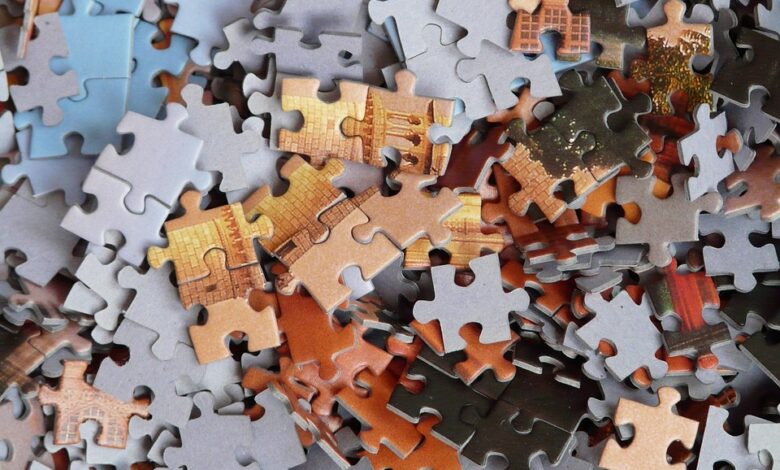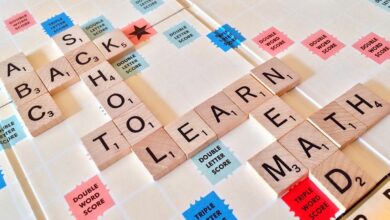Puzzle Games for Developing Mindfulness and Meditation Skills

In today’s fast-paced world, finding moments of peace and tranquility can be challenging. However, the practice of mindfulness and meditation has become increasingly popular as people seek to cultivate a sense of calm in their daily lives. While traditional methods such as deep breathing and guided meditation are effective, an unconventional and enjoyable way to develop these skills is through puzzle games.
Puzzle games, whether in the form of jigsaw puzzles, Sudoku, or crossword puzzles, offer a unique opportunity to engage our minds and tap into a state of mindfulness. When we immerse ourselves in the process of solving a puzzle, we are confined to a singular task. This focused attention helps to quiet the mind and reduces stress, promoting a more peaceful and centered state of being.
One of the key benefits of puzzle games is their ability to promote mindfulness and increase our ability to concentrate. Often, when we engage in these games, we enter a state referred to as “flow,” where we are fully absorbed and present in the activity. In this state, our minds are free from distracting thoughts and worries, allowing us to become fully engrossed in the puzzle at hand. Developing this focused attention through puzzle games can extend into our everyday lives, enabling us to be more attentive and mindful in our interactions with others and in our various responsibilities.
Moreover, puzzle games offer an opportunity for meditation practice. While traditional meditation may involve sitting in stillness, puzzle games provide an active form of meditation. The act of arranging and rearranging puzzle pieces or searching for patterns in a crossword puzzle can be a deeply meditative experience. As our attention becomes absorbed in the task, we can let go of our worries and concerns, experiencing a greater sense of peace and clarity.
Furthermore, the repetitive and rhythmic nature of puzzle games can induce a state of relaxation. As we engage in the repetitive motions or logical thinking required to solve a puzzle, our bodies and minds relax, triggering the release of endorphins – the feel-good chemicals in our brain. This natural relaxation response can reduce stress levels and uplift our mood, creating a positive and tranquil environment for mindfulness and meditation practice.
Engaging in puzzle games can also enhance our problem-solving skills and stimulate creativity. As we navigate through the challenges presented by puzzles, we are compelled to think outside the box, find alternative solutions, and approach problems from various perspectives. This cognitive flexibility enhances our ability to approach daily life situations with curiosity and adaptability, both qualities that are fostered in mindfulness and meditation practice.
In conclusion, puzzle games provide an enjoyable and effective way to develop mindfulness and meditation skills. By engaging in these games, we enter a state of focused attention, tap into a sense of flow, and experience deep relaxation. Puzzle games can also improve our problem-solving abilities and stimulate our creativity. So, whether you prefer jigsaw puzzles or Sudoku, consider including these mindful activities in your daily routine and watch as your mindfulness and meditation skills flourish alongside your enjoyment.





